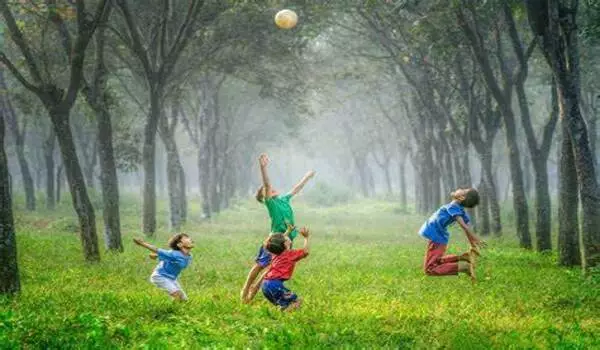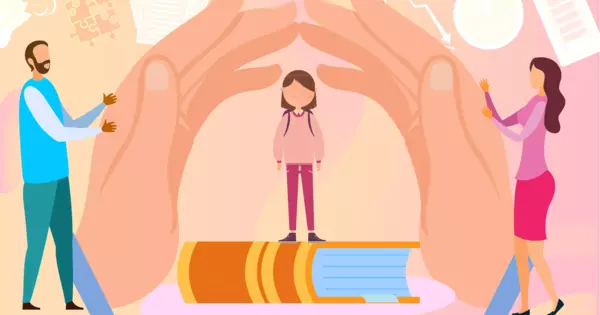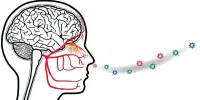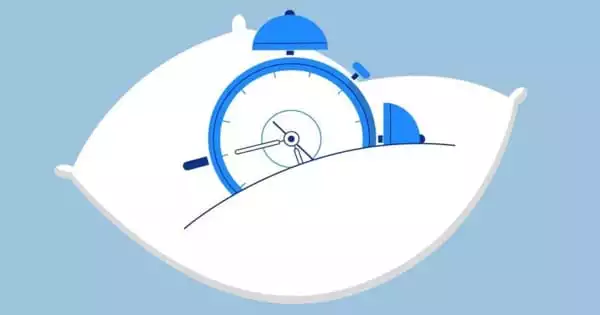Many parents place a high value on their children’s academic success, which can put them under pressure to perform well in school. As children are frequently saddled with schoolwork, tutoring, and extracurricular activities aimed to improve their academic performance, they may have less time for unstructured play and discovery.
According to a new study from the University of Essex, modern parental demands and expectations are killing off children who enjoy spontaneous play. While parents have always felt some responsibility for their children’s development, the increased intensity of parenting in recent years means that parents are now expected to spend more time observing, noting, and responding to their children’s desires and behaviors.
According to the research, this leaves less time for youngsters to play independently and understand for themselves the risks and dangers of outdoor play.
According to the study, which was published in the journal Sociology of Health and Illness, parents are concerned that their children are not as developed and well-rounded as they may be, especially since children’s play is becoming more sedentary as a result of technology.
Society today positions parents as the sole engineers in their children’s development which represents an unrealistic burden that brings with it unjust pressure and expectation.
Dr. Day
“Until around the 1990s, parents were not expected to endlessly entertain and monitor their children in the same way they are today, so children had greater freedom to play independently,” Dr. John Day, the study’s lead author, said.
“However, society has changed since those children became parents themselves, and there is a heightened sense of responsibility for their children’s development.” One component of the problem is that children’s opportunities to be physically active through spontaneous play have become reduced as a result of growing anxieties about stranger danger and increased traffic on the roads.”
So, today’s youngsters are spending less time playing together away from adult care and more time under parental supervision and participating in structured health-focused physical activity settings such as holiday clubs.

Explained Dr Day: “Parents are encouraged to spend more time with their children while simultaneously judged on how independent their children are. But most of the learning about independence takes place when children take risks of their own choosing and these opportunities are becoming lost in childhood.
Dr. Day from Essex’s School of Health and Social Care noted this generational shift while conducting in-depth interviews with 28 UK individuals born between 1950 and 1994 about their physical activity history and how family members influenced these experiences.
The study discovered that the increase in structured physical exercise for children coincided with, and possibly caused, a fall in children playing spontaneously. Growing concerns about child health meant that many parents born after the late 1960s who began parenting in the early 1990s felt obligated to interfere to keep their children active, limiting the possibilities of more spontaneous kinds of play.
“Society today positions parents as the sole engineers in their children’s development which represents an unrealistic burden that brings with it unjust pressure and expectation,” added Dr Day.
Dr. Day believes that a culture shift is needed to help address this tendency, with health policymakers ensuring that children are encouraged to learn about the risks of physically vigorous play without adult supervision.
“Parenting is no longer just an aspect of who someone is; it is a role that one is expected to play extensively.” In this circumstance, parents and their children are imprisoned together, and we need legislators to recognize this and work with parents and children to alter this for future generations,” he said.
















